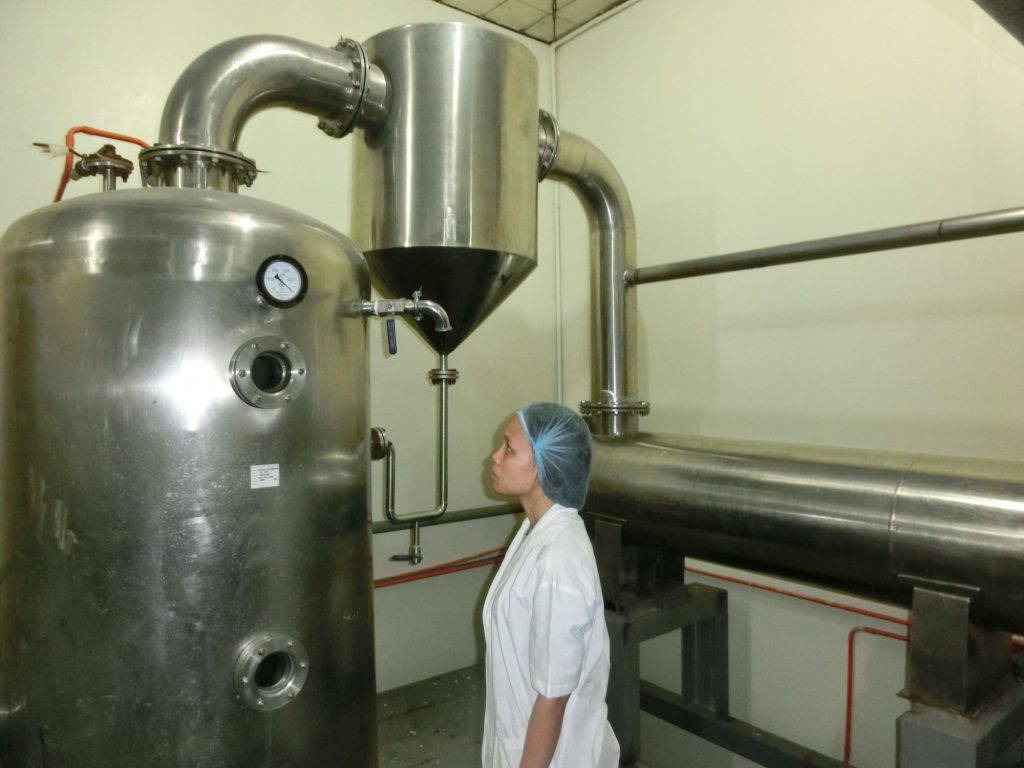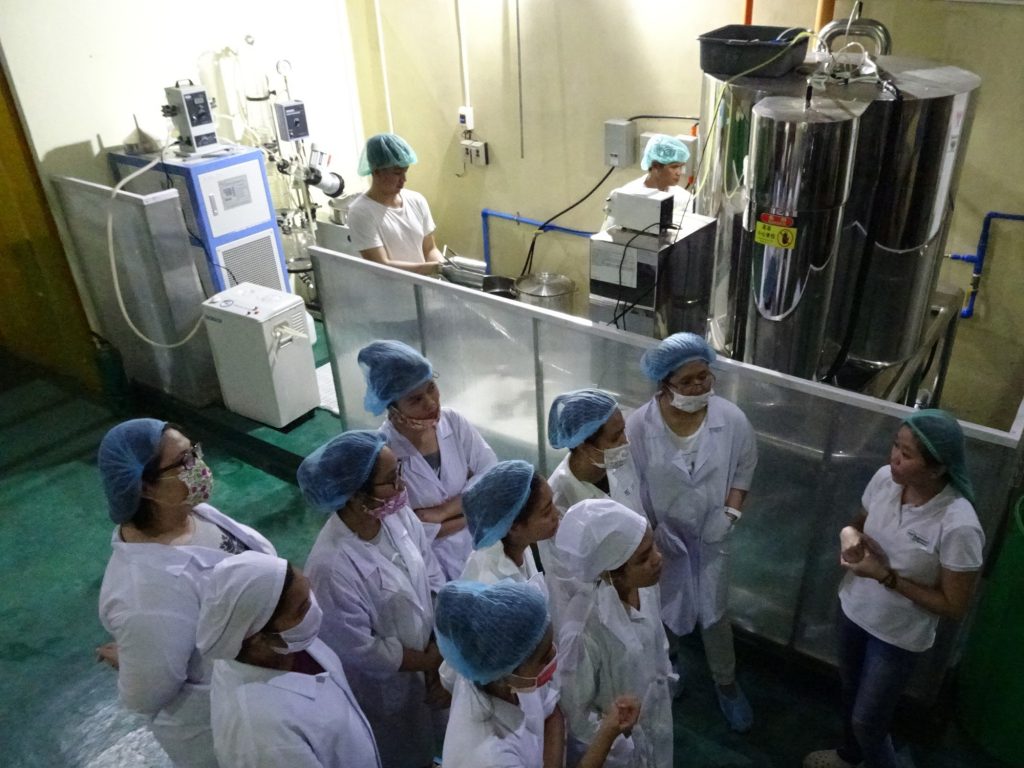Despite the notable climb of the Philippines’ ranking in the recent Global Innovation Index 2019, there is still low level of research and development (R&D) spending in the Philippines, with a huge chunk being funded by the Philippine Government. R&D budget has been increasing each year but has remained at 0.6% of the Philippine Government’s Budget.
The Department of Science and Technology (DOST) through the Business Innovation through Science and Technology (BIST) Program seeks to boost R&D in the private sector. This is to work towards achieving the UNESCO benchmark for developing countries such as the Philippines, to spend one percent of their Gross Domestic Product (GDP) on R&D.
The BIST Program is designed to assist Filipino-owned companies to innovate and develop competitiveness through acquisition of new and relevant technologies – hardware or software – for research. The proposed technology acquisition with its corresponding research and technology must be implemented within three to five years with a refund, without interest, commencing on the third year of project implementation.
Aiming to take the herbal extracts in the Philippines to the next level and to support the R&D efforts of local companies, the first grantee of the DOST-BIST program is Herbanext Laboratories, Inc.—a Filipino research-oriented natural products company based in Bacolod, Negros Occidental.
The DOST BIST grant to Herbanext Laboratories, Inc. will be used to develop local technology to produce pharmaceutical-grade extracts for the local drug manufacturing industry. In the coming years, Herbanext intends to scale-up this technology to allow the local production of active pharmaceutical ingredient for the Philippine herbal drug industry.
“The rise in our global innovation ranking to 54th from 73rd the previous year validates our work and encourages us to continue our mission to strengthen R&D across the country,” said DOST Secretary Fortunato T. dela Peña. As opportunities for R&D are created for Filipino companies, technologies and business innovations will equate to increased profitability.
Herbanext ventured into the production of standardized botanical extracts in 2008. The primary target market of the company were food supplement and functional food industries which required simple spray-drying as a method to obtain plant extracts. In 2017, as the Herbanext facility was tapped to produce standardized extracts by consortium members of the Philippine Council for Health, Research and Development (PCHRD) Discovery and Development of Health Products Program, it became clear that there was a need for a versatile pilot-scale facility that can semi-purify plant extracts of unwanted compounds. These unwanted compounds — which include starches, oils and waxes, pectins, organic acids, and excessive tannins — need to be removed as they dilute the concentration of active ingredients, cause problems in machine handling, reduce shelf life, and create potential chronic toxicity. In addition to the removal of unwanted compounds, there is a need for further processing steps to conform to pharmaceutical standards.
The BIST financial assistance granted to Herbanext will be used to acquire pilot-scale R&D equipment to address the technology gaps mentioned. In the coming years, Herbanext intends to scale-up this technology to allow the local production of active pharmaceutical ingredient for the Philippine herbal drug industry.
Herbanext is also one of the researchers that contributed to the 18 formulations presented by DOST-PCHRD to the private sector, which are ready to be commercialized as herbal supplements under the Tuklas Lunas Program. The Tuklas Lunas Program aims to harness the potential of the Philippine biodiversity and leverage on local expertise to respond to the growing health needs of the Filipinos.
Interested parties may send their inquiries to the Science for Change Program – Project Management Office, with office address at Department of Science and Technology 2/F ADMATEL Bldg., DOST Compound, Gen. Santos Ave., Bicutan, Taguig City. They may also send an email at s4c.ousecrd@dost.gov.ph or call the S4C – PMO at (+632) 8837-2943 / 8837-2071 local 2510 or visit the S4C Facebook page at @dost.s4cp.



